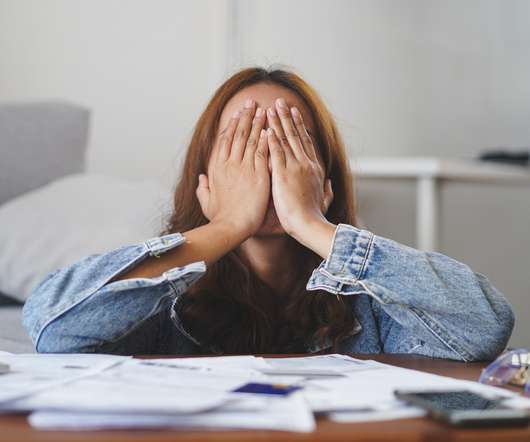What Happens After a Personal Loan Bankruptcy Discharge?
Sawin & Shea
FEBRUARY 28, 2024
Types of personal loans include: Installment Plan Payday Peer-to-Peer Lending Cosigner /Guarantor Debt Consolidation Variable Rate Fixed Rate During your bankruptcy proceeding, at least a portion of these loans will be discharged, whether you borrowed from brick-and-mortar or online lenders. Unsecured loans don’t have collateral.











Let's personalize your content